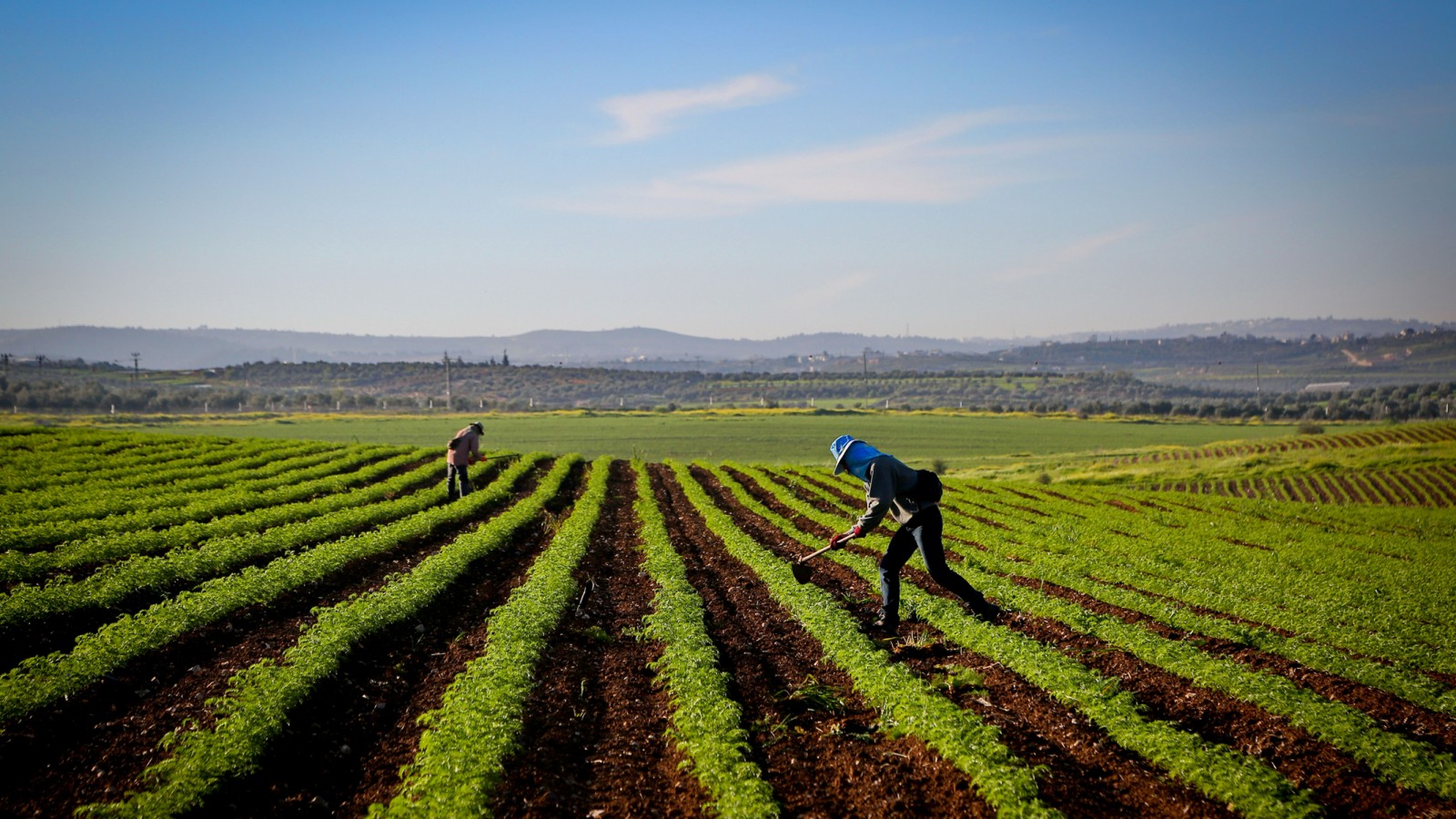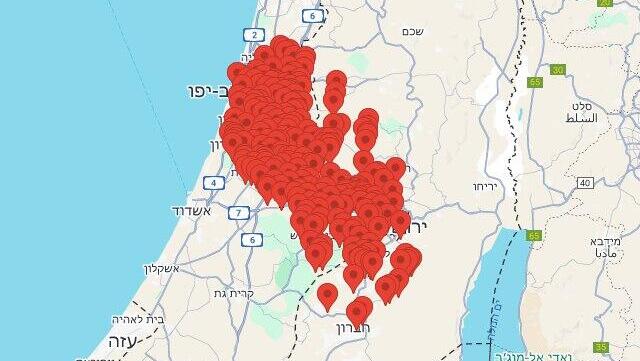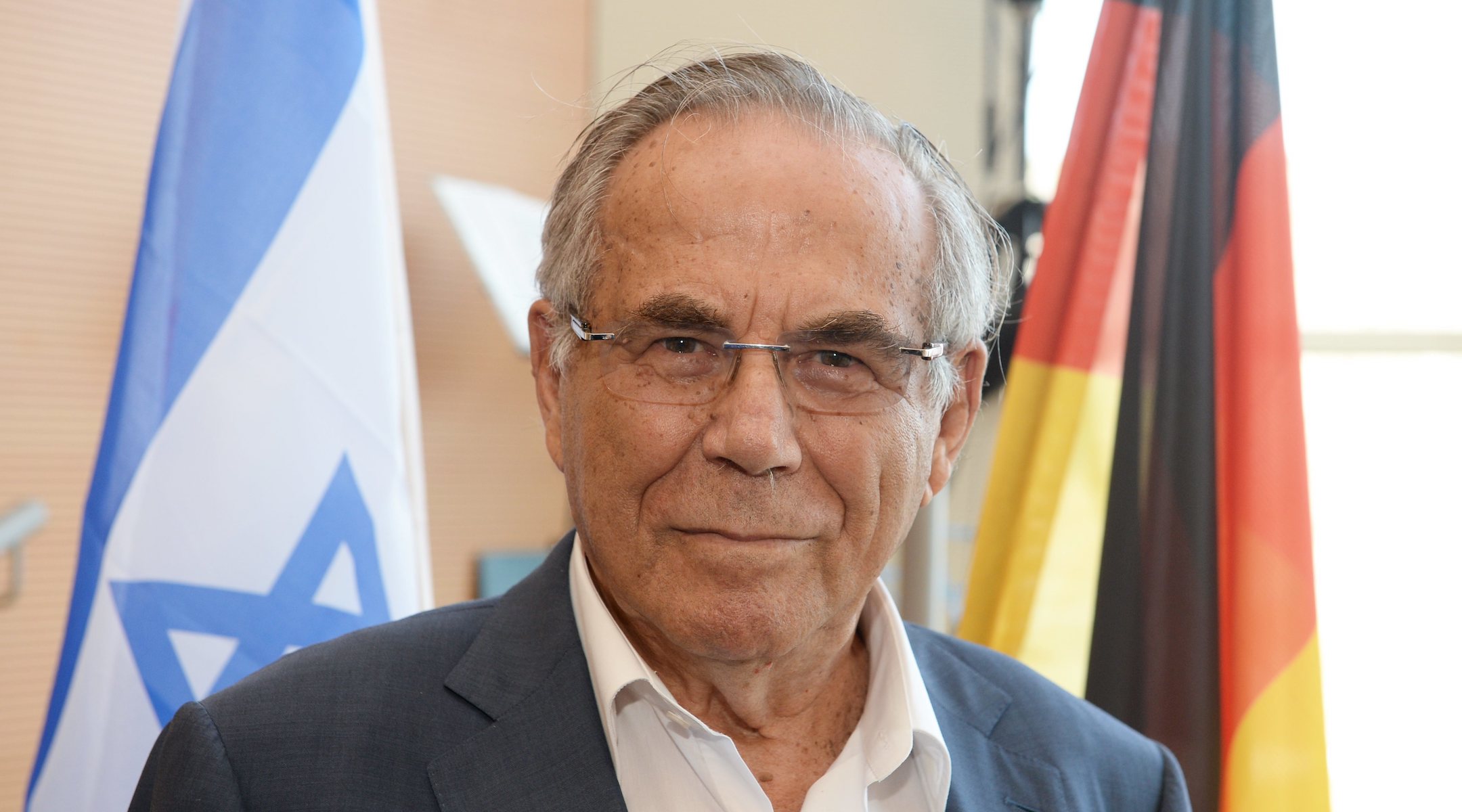Desertification, warming and geopolitical changes are some of the obstacles that Israeli farmers face in producing their produce. The Ministry of Agriculture already understands that in order to increase Israeli production, farmers need to be helped. Agriculture Minister Avi Dichter said this week at the National Conference for Food Security and Nutritional Resilience: “Farmers will be given the means so that they can work and grow food.”
Prof. Eyal Shimoni, head of the Israel Security Plan 2025 at the Shmuel Naaman Institute, said at the beginning of the conference: “The goal of all of us is to formulate a plan that will ensure healthy food for all citizens of the country. One that will always be accessible and available at an equal price for everyone, even for future generations. We must ensure nutritional justice and proper nutrition for all people in Israel. Israel is geopolitically and climatically challenged, but we have proven as a nation that we can withstand such challenges.”
The National Food Sec & Tech Conference Shetir group organizer It was held at Sapir Academic College and is gathering this year for the second time, under the title “Meeting that builds hope”.
Food security: not only in developing countries
Food security, nutritional security and food independence are at the top of the agenda of countries all over the world. In recent years, the understanding of the connection between climate change, extreme weather and geopolitical changes has been sinking. The need to ensure a healthy diet and availability of food is currently the share of countries in the developed world, and not only the countries of Africa and South Asia.
At the beginning of the week, the director of food security at the Ministry of Agriculture, Yuval Lipkin, presented the intermediate products of the process of writing the national plan for food security 2050. The food security challenge concerns dietary habits, consumption culture, preventing food loss, improving interfaces and agricultural technology, and promoting local and innovative agriculture. To this end, proper use of natural resources, land, water and energy is required, while ensuring the sustainability of the entire economy.
Agricultural students and Thai workers in a banana plantation on the banks of the Sea of Galilee (Photo: Michael Giladi, Flash90)
The conference convenes a multidisciplinary discussion with the participation of all systems and professional bodies that deal with food security in Israel. A professional meeting between all those involved in the agriculture and food industry of the future. According to Lior Caspi, the initiator of the conference, the meeting between the fields will make it possible to recommend the right ways, means, methods and solutions for implementation, promotion and immediate, significant and effective treatment in the field of food security in Israel. Caspi emphasized the importance of the conference being held in the city of Sderot: “This is a large and significant event. Especially these days, it is clear that food security directly affects the level of national security in broad aspects: health, national resilience, economy, environment, settlement, employment and growth. The role of The Negev and the surrounding area is huge.”
As part of the two-day conference, the Food Sec & Tech exhibition was presented for technologies, developments, new food, agriculture, the food industry, Novel Food, food substitutes, equipment and means for agriculture. The innovation arena at the conference The Food Sec & Tech Innovation Arena also includes Hyde Technology Park. The futuristic innovation arena Food Sec& Tech-Futurism Adventure includes simulation, scenario prediction and the development of food security and the Agri Food Tech field, using artificial intelligence.
Yuval Lipkin, head of the Food Security Directorate at the Ministry of Agriculture: “We are on a first-rate national mission. After years in which the inability of the State of Israel to look ahead, for the long term, is evident, I have the right to write the plan for food security.” According to Lipkin, it is of great importance to build a broad, holistic process that integrates all sectors: the public and especially the government ministries, the business and the third sector. “For me, this is the real achievement: we manage to sit together and plan things together.”

Minister of Agriculture Avi Dichter, at the Israeli Food Security Conference (Photo: Maya Ronan)
“The goals of the decade: to increase by 33% the produce in Israel”
Minister of Agriculture, MK Avi Dichter: “We set goals for the next decade: to increase agricultural production in Israel by 33%. The farmers said that in the field of vegetables they know how to do it in four years, but they need the means of production. We set out and give the farmers the means so they can work and grow food. We need to respond to desertification, warming, geopolitical changes. Our iron rule is that the good of the citizen in Israel will have full shelves. On the agenda of the conference: discussion of national policy and strategy for food security; Agro-tech, future agriculture and food security; Food security in the emergency of the ‘Iron Swords’ war, lessons and opportunities regarding food security and the application of knowledge; National infrastructures platforms for the promotion of foodtech agricultural technologies for food security; Innovation in food security Introducing an ecosystem and advanced technologies for the benefit of food security; Bridges between the borders of the strategic role of food, water and energy in the stability of the Middle East.
Researchers from the directorate of agricultural research, Volcani Institute, presented at the conference groundbreaking studies in the field of food growing and adaptation of varieties to climate change. The leaders of the foodtech industry in Israel will present the advantages of the Israeli foodtech, ways to leverage local assets and new approaches to financing.











